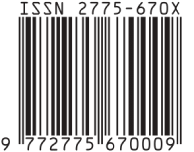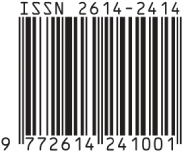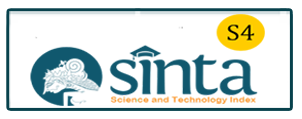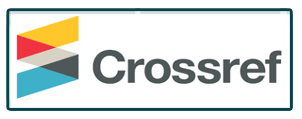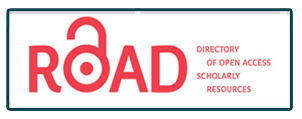The Role of Advocates in Children's Cases in the Juvenile Criminal Justice System in Indonesia
Peran Advokat Pada Perkara Anak Dalam Sistem Peradilan Pidana Anak Di Indonesia
Abstract
The Laws and Regulations governing the Juvenile Criminal Justice Process are still discriminatory against Juvenile Law Enforcers, because there are requirements to become a Special Child Advocate as with other Law Enforcers who must be certified as Juvenile Law Enforcers. This study aims to analyze the requirements for advocates in child cases in the juvenile criminal justice system and the requirements for advocates in child cases in the juvenile criminal justice system in the future. The research method uses a normative legal approach method by conducting a study of the law. The results of the study show that Advocates in Child Cases in the Juvenile Criminal Justice System are not burdened with special requirements related to the specificity of children like other law enforcers and Advocates in the future must have an interest, attention, dedication, and understand the problems of Children and have attended technical training on Juvenile justice as a requirement to become a child advocate. This is to ensure the specialization of Advocates in the future as realizing the expression, "Non multa sed multum" not quantity but quality. The implication is that there needs to be specialization in the Advocates profession, especially in handling children's cases in the juvenile criminal justice system so that the handling of children's cases in the juvenile criminal justice system can be of better quality in the future.
Copyright (c) 2025 Muhamad Arif Agus, Maulana Kamal

This work is licensed under a Creative Commons Attribution-NonCommercial 4.0 International License.


